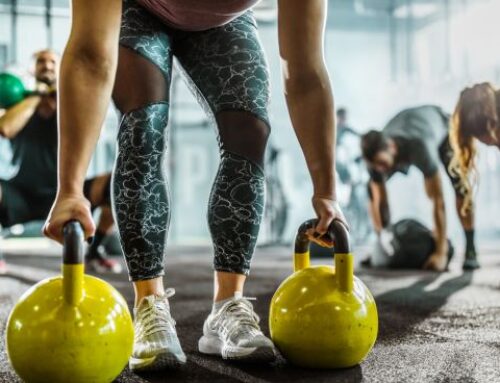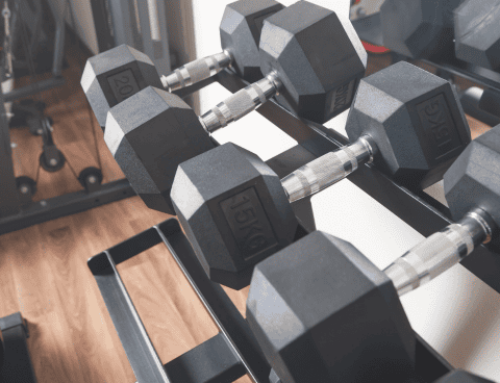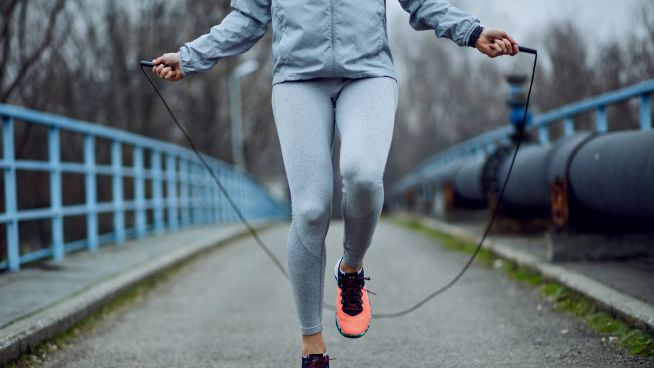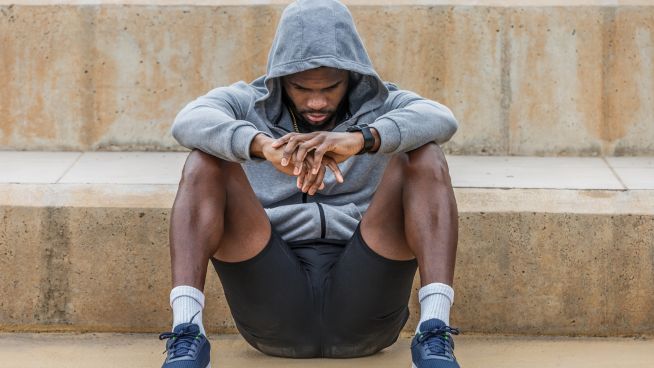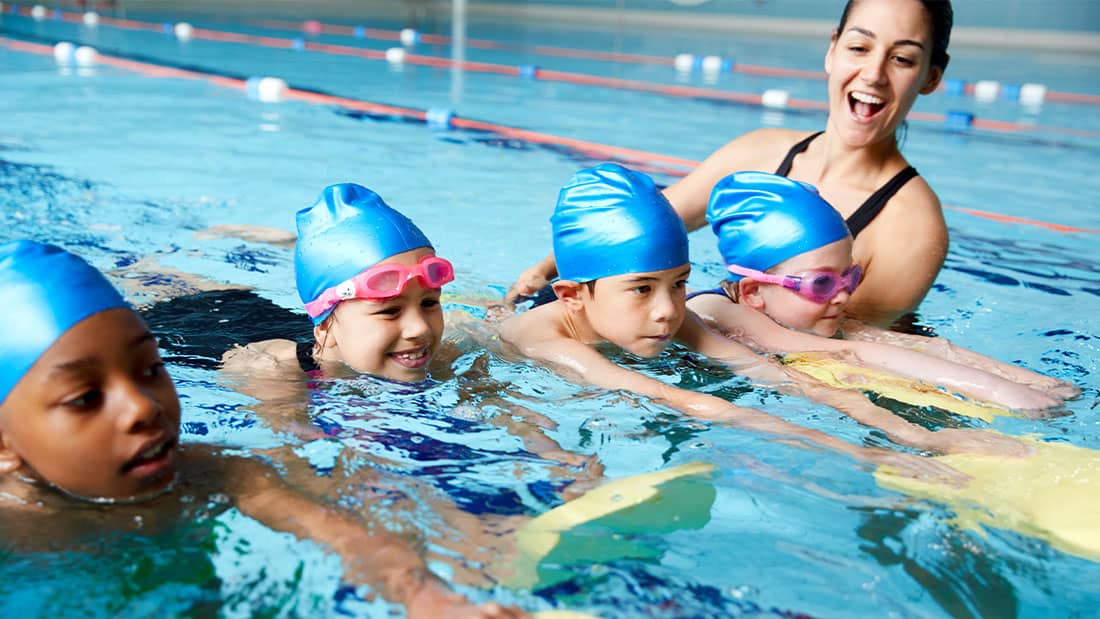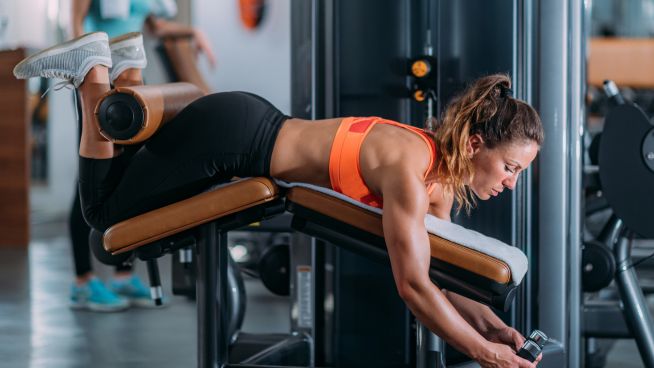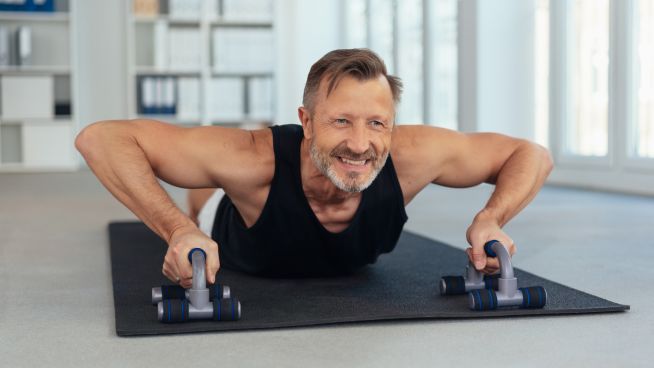The Potential Downsides of a Post-Workout Ice Bath
The Ice bath has long been thought to assist in recovery and provide greater results for athletes. After all, if the pros do it, we should too, right? Research by Roberts et al questioned this hypothesis by looking at two studies.
Study 1:
Twenty-one physically active men performed strength training twice a week for 12 weeks. They were split into groups in which one group endured 10 minutes of cold-water immersion at 50 degrees Fahrenheit and the other group performed a cool-down on an exercise bike.
At the end of 12 weeks, muscle strength and mass increased more in the exercise bike group than it did in the cold-water immersion group.
Cold-water immersion decreased strength and size gains from strength training.
Study 2:
This study took muscle biopsies from nine men after a single-leg strength training session on separate days followed by either cold-water immersion or an active cool-down.
The researchers found satellite cell activity (similar to muscle “stem cells”) and regulators of pathways for muscle mass and strength were “blunted” up to two days after cold-water immersion.
Again, cold water-immersion post-training led to decreased markers of gaining strength and size.
Summary
The researchers anticipate athletes would see decreased long-term muscle gains if they choose to ice bath after workouts. They recommend athletes should avoid ice baths after strength training sessions.
Researcher Dr. Peake, said, “Individuals who use strength training to improve athletic performance, recover from injury or maintain their health, should reconsider using cold-water immersion as a recovery aid.”
Don’t buy into the hype. Save yourself the pain of stepping into an ice bath after strength training. Perform an active cool-down instead. It could potentially lead to better strength and muscle mass gains.
Reference:
Roberts, L., Raastad, T., Markworth, J. F., Figueiredo, V. C., Egner, I., Shield, A. J., Cameron-Smith, D., Coombes, J. F., & Peake, J. “Post-exercise cold water immersion attenuates acute anabolic signalling and long-term adaptations in muscle to strength training.” (2015). The Journal of Physi
READ MORE:
[cf]skyword_tracking_tag[/cf]RECOMMENDED FOR YOU
MOST POPULAR
The Potential Downsides of a Post-Workout Ice Bath
The Ice bath has long been thought to assist in recovery and provide greater results for athletes. After all, if the pros do it, we should too, right? Research by Roberts et al questioned this hypothesis by looking at two studies.
Study 1:
Twenty-one physically active men performed strength training twice a week for 12 weeks. They were split into groups in which one group endured 10 minutes of cold-water immersion at 50 degrees Fahrenheit and the other group performed a cool-down on an exercise bike.
At the end of 12 weeks, muscle strength and mass increased more in the exercise bike group than it did in the cold-water immersion group.
Cold-water immersion decreased strength and size gains from strength training.
Study 2:
This study took muscle biopsies from nine men after a single-leg strength training session on separate days followed by either cold-water immersion or an active cool-down.
The researchers found satellite cell activity (similar to muscle “stem cells”) and regulators of pathways for muscle mass and strength were “blunted” up to two days after cold-water immersion.
Again, cold water-immersion post-training led to decreased markers of gaining strength and size.
Summary
The researchers anticipate athletes would see decreased long-term muscle gains if they choose to ice bath after workouts. They recommend athletes should avoid ice baths after strength training sessions.
Researcher Dr. Peake, said, “Individuals who use strength training to improve athletic performance, recover from injury or maintain their health, should reconsider using cold-water immersion as a recovery aid.”
Don’t buy into the hype. Save yourself the pain of stepping into an ice bath after strength training. Perform an active cool-down instead. It could potentially lead to better strength and muscle mass gains.
Reference:
Roberts, L., Raastad, T., Markworth, J. F., Figueiredo, V. C., Egner, I., Shield, A. J., Cameron-Smith, D., Coombes, J. F., & Peake, J. “Post-exercise cold water immersion attenuates acute anabolic signalling and long-term adaptations in muscle to strength training.” (2015). The Journal of Physi
READ MORE:
[cf]skyword_tracking_tag[/cf]


